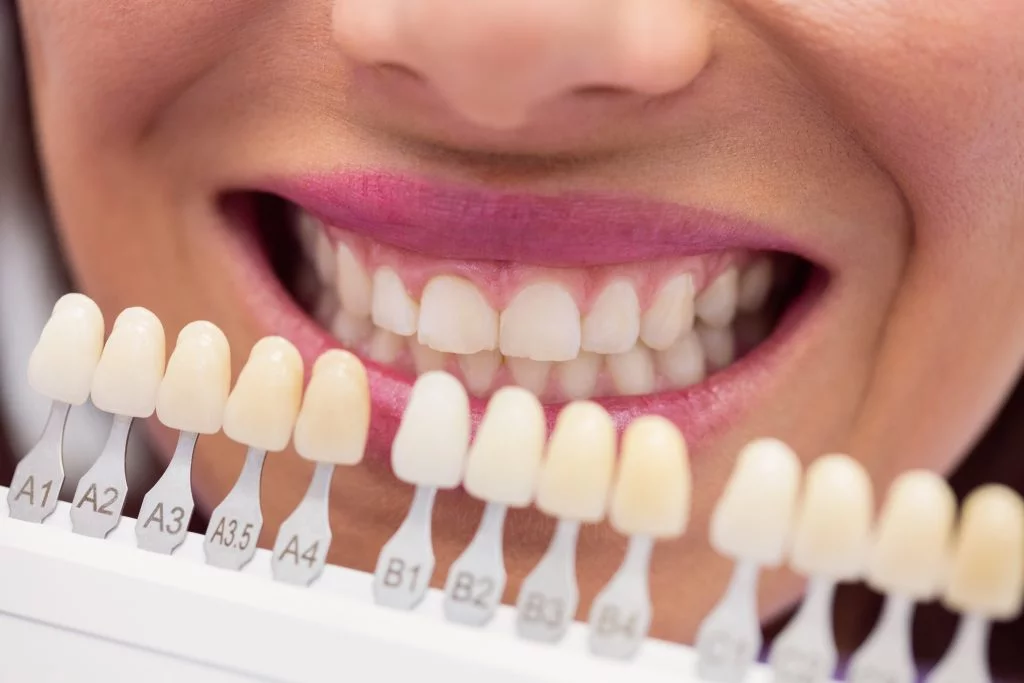Welcome to our comprehensive guide on composite bonding, a revolutionary dental procedure that can transform your smile and boost your confidence. In this article, we will delve into the world of composite bonding, exploring its benefits, procedure, longevity, and maintenance. Our aim is to equip you with the knowledge you need to make an informed decision about this remarkable dental treatment.
Understanding Composite Bonding
Composite bonding, also known as dental bonding, is a cosmetic dentistry procedure aimed at improving the appearance of your teeth. It involves the application of a tooth-colored composite resin to the affected tooth, which is then shaped and polished to blend seamlessly with your natural teeth.
The Composite Bonding Procedure
1. Consultation and Assessment
Before undergoing composite bonding, you will have a consultation with a skilled dentist. During this initial visit, your dentist will assess your oral health, discuss your smile goals, and determine if composite bonding is the right option for you.
2. Preparation
Unlike other dental procedures, composite bonding usually requires minimal preparation of the tooth. In most cases, anesthesia is not necessary unless the bonding is being used to fill a cavity.
3. Bonding Application
The composite resin, carefully chosen to match the shade of your existing teeth, is applied to the targeted tooth. The dentist skillfully molds and shapes the resin to achieve the desired result, seamlessly blending it with the surrounding teeth.
4. Curing
Once the composite resin is correctly shaped, a special light is used to harden and cure the material, ensuring it bonds securely to the tooth’s surface.
5. Final Touches
After curing, the dentist further refines the bonded tooth, making any necessary adjustments to its shape and ensuring a natural appearance. The tooth is then polished to give it a smooth and glossy finish.
The Longevity of Composite Bonding
One of the most common questions asked about composite bonding is, “How long does it last?” The durability of composite bonding can vary depending on various factors, such as oral hygiene practices, eating habits, and lifestyle choices. On average, composite bonding can last between 5 to 10 years, making it a cost-effective solution for enhancing your smile.
Factors Affecting Composite Bonding Longevity
Several factors can influence the longevity of composite bonding:
1. Oral Hygiene
Maintaining appropriate oral hygiene practises, like as brushing and flossing on a regular basis, is critical for composite bonding endurance. Proper care helps prevent staining and decay, preserving the integrity of the bonded teeth.
2. Avoiding Staining Agents
While composite resin is resistant to staining, it is not entirely stain-proof. Avoiding excessive consumption of coffee, tea, red wine, and tobacco can help prolong the life of your bonded teeth.
3. Teeth Grinding
Bruxism or teeth grinding can put additional stress on the bonded teeth, potentially causing chips or cracks. Wearing a nightguard, if recommended by your dentist, can protect your composite bonding while you sleep.
4. Regular Dental Check-ups
Scheduling regular check-ups with your dentist allows for early detection of any issues with your composite bonding. Timely repairs or touch-ups can help extend its lifespan.
Advantages of Composite Bonding
Composite bonding offers several advantages, making it a popular choice for dental enhancement:
1. Cosmetic Enhancement
Composite bonding can effectively improve the appearance of chipped, discolored, or misshapen teeth, giving you a radiant and symmetrical smile.
2. Minimally Invasive
The procedure is relatively non-invasive, preserving most of the natural tooth structure.
3. Quick and Painless
Composite bonding is typically completed in a single visit, and in most cases, anesthesia is unnecessary.
4. Affordable
Compared to other cosmetic dental treatments, composite bonding is a more budget-friendly option.
Conclusion
Composite bonding is a fantastic option for achieving a stunning smile without undergoing invasive dental procedures. With proper care and maintenance, this innovative dental treatment can last for several years, providing you with long-lasting results that are sure to impress. Remember to consult with a qualified dentist to determine if composite bonding is right for you and to ensure the best possible outcome.

